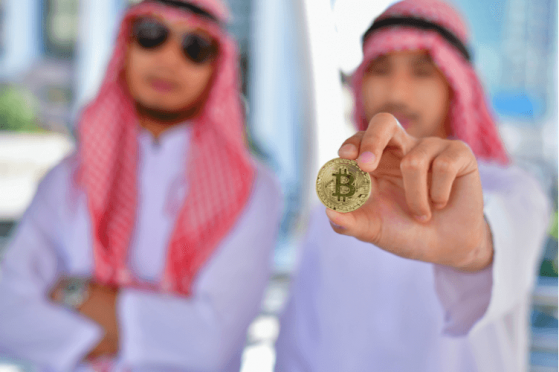Mufti Muhammad Abu Bakar, an Islamic scholar and head of Sharia compliance at Blossom Finance, wrote a study on the issue of whether Bitcoin is a cryptocurrency that should be accepted by Muslims the world over.
“Although interest, investment, and speculation in Bitcoin and cryptocurrency have continued to rocket upward, there remains growing confusion amongst Muslims—which make up nearly a quarter of the world’s population—as to whether Bitcoin and cryptocurrencies comply with Shariah law,” he wrote.
He approached the subject with the mindset that Sharia is very interpretable on specific matters like these, which could easily create contradictions that don’t have any clear answers.
However, Bakar asserts that Bitcoin is accepted in certain contexts. Bakar uses the example of Germany, where Bitcoin is considered legal tender alongside the Euro “and therefore qualifies as Islamic money [there].”
“Shariah recognizes customary money as being anything that gains monetary status through wide acceptance in society or by government mandate,” he added.
On the other hand, the United States does not recognize cryptocurrency as legal tender, instead treating it as a commodity in some cases and a security in others. According to Bakar, this “therefore qualifies [Bitcoin] as Islamic customary money.”
The Indonesian scholar’s statements contradict those of the Egyptian Grand Mufti and the Turkish Diyanet—the Directorate on Religious Affairs—both of which have issued fatwas against it for various reasons. The Diyanet in particular reasoned that Bitcoin “can be easily used in illegal activities”, and its value wildly fluctuates, which justifies forbidding it under Islamic law.
“Rulings by Islamic scholars that claim Bitcoin is not permissible because it is subject to fluctuation and/or has the potential for use in illegal activities are not valid reasons under Shariah, since these factors are external to Bitcoin: the price of Bitcoin is subject to supply and demand, just like the commodities and fiat currencies, and the use of any lawful thing for an unlawful purpose cannot make the thing itself unlawful,” Bakar replied sharply.
This article appeared first on Cryptovest
